Blood Brothers by Willy Russell
Why It's a Masterpiece (Week 17)
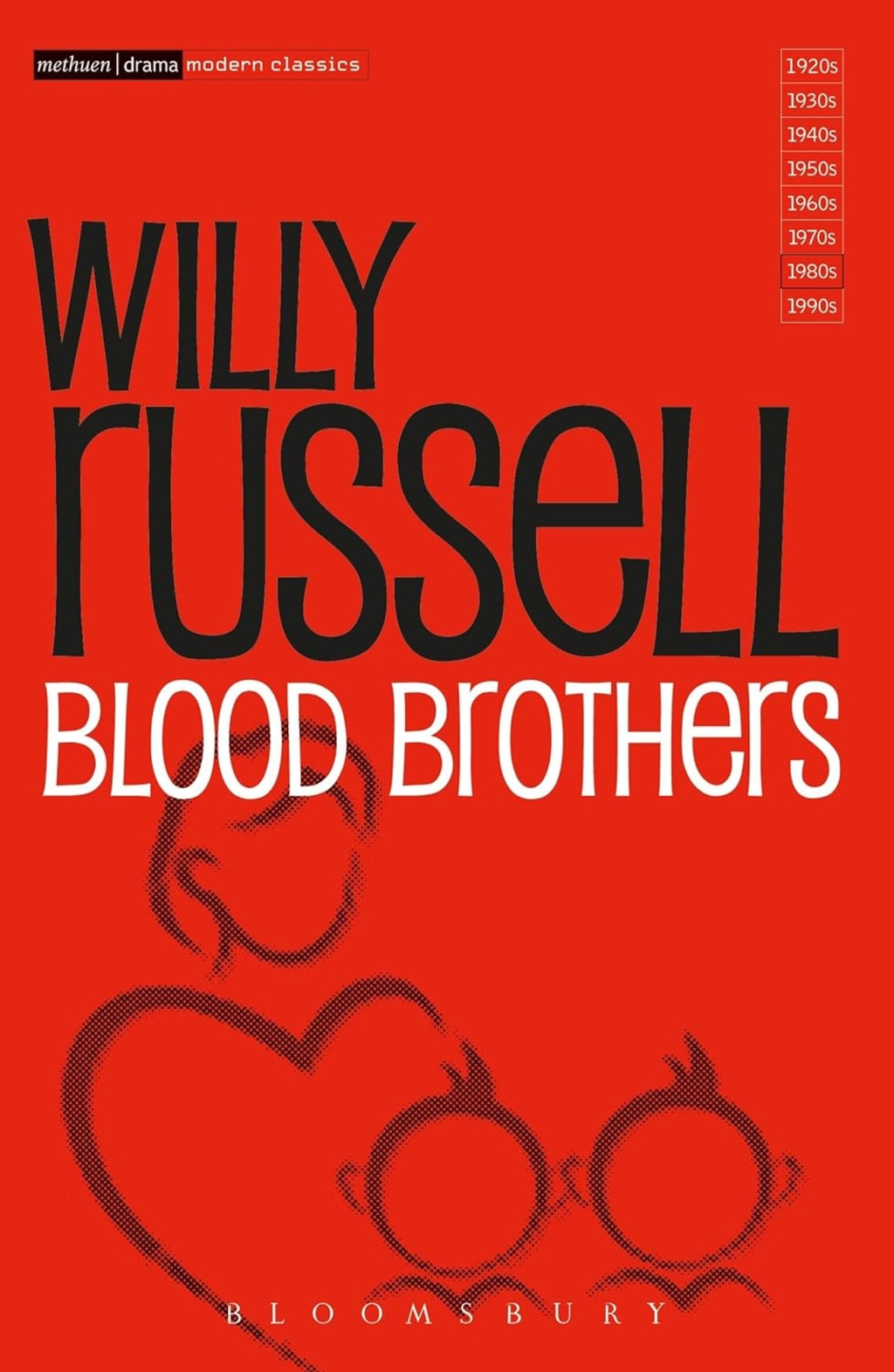
A representation of its times, ‘Blood Brothers’ was composed in the early 1980s by Willy Russell and subsequently, after a moderate success, made it to the West End in 1983. It has been renowned as one of the greatest musicals ever made, even winning the Olivier Award of the same name. The musical has been made and remade by many different theatres over the years and I myself have seen it a couple of times on the stage. It is such a great thing to witness as the values of nature vs nurture come into the equation of how a child is raised to become someone. It really makes you think about the book ‘The Social Distance Between Us’ by Darren McGarvey and how social inequality is basically bad for everyone. Nobody gets a happy ending and we better get used to it because absolutely nobody is solving the problem.
Plot
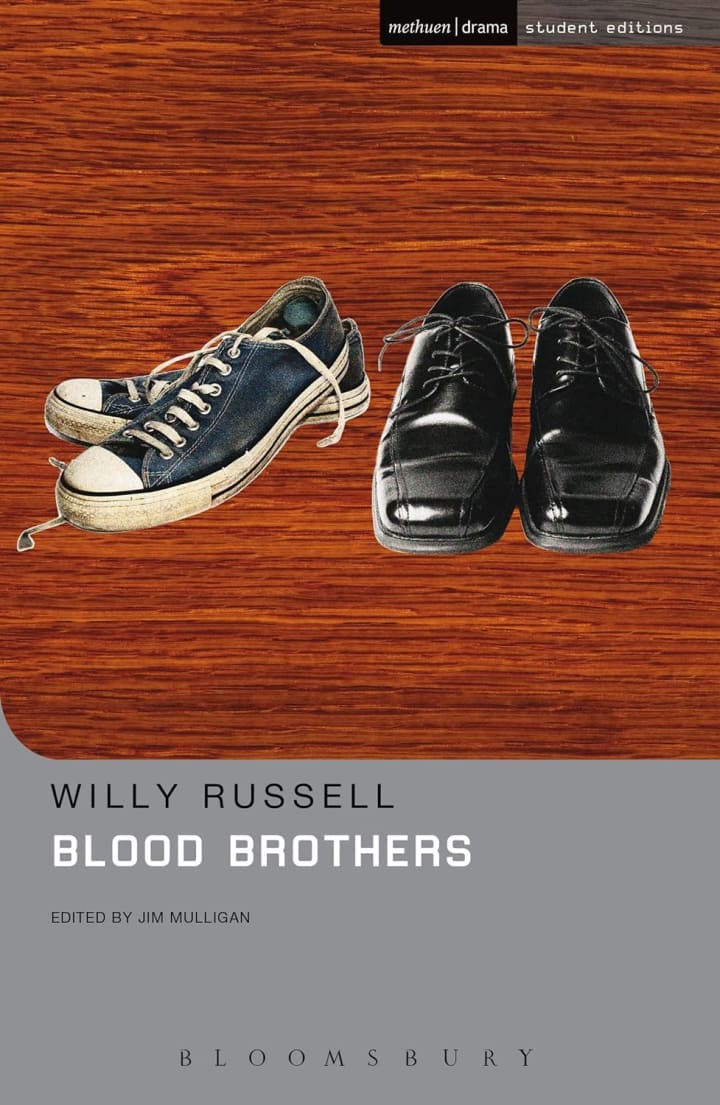
The play’s narrative starts with a prolepsis and then, whirls back to the 1960s. Mrs Johnstone is a woman in poverty who struggles with having seven children already with twins on the way, she agrees to give one of her twins to her employer who emphasises that they “should be raised apart, unaware of the other’s existence” due to a superstition that states if they every met and learnt they were twins, they will both die on the spot. And after getting the child, fires Mrs Johnstone for her attachment to the child she has.
Mrs Johnstone kept Mickey and Mrs Lyons kept Edward, nicknamed ‘Eddie’ by a seven year old Mickey when they meet and become ‘blood brothers’ after realising they were born on the same day. They start to form a really close bond and though Mrs Johnstone doesn’t mind, Mrs Lyons is losing her mind, scared people might find out the truth about her dealings to get a child. Eventually the Lyons family moves away but when the relocations happen, so do the Johnstones and they end up in similar places again.
It’s the mid-1970s and the teenagers that are Mickey and Eddie meet as friends again and Mrs Lyons descends upon the home of Mrs Johnstone, threatening her with a knife - but Mrs Johnston scares her off and Mrs Lyons flees the home. It is clear to the audience that Mrs Lyons has gone mad with paranoia and yet, we feel little sympathy for her. Eventually, as they become adults, Eddie gets a job after university and Mickey ends up marrying his childhood crush - Linda.
Linda is pregnant as Mickey is made redundant from his job due to the recession of the 1980s. In the urgency for money, Mickey is sentenced to prison time for being an accessory to his older brother’s crimes. Fuelled by jealousy, Mickey confronts Eddie as the police chase him downtown with guns. After learning that Eddie was given away to a rich family from Mrs Johnstone, he accidentally pulls the trigger and Eddie is shot dead. The police shoot Mickey dead and it is all over for the twins, fulfilling the prophecy that if they ever met and learnt they were “one of a pair, they shall both immediately die”. The narrator closes the play with a song from Mrs Johnstone about how unpredictable this life is, but how much it relies on every single action committed.
Into the Book
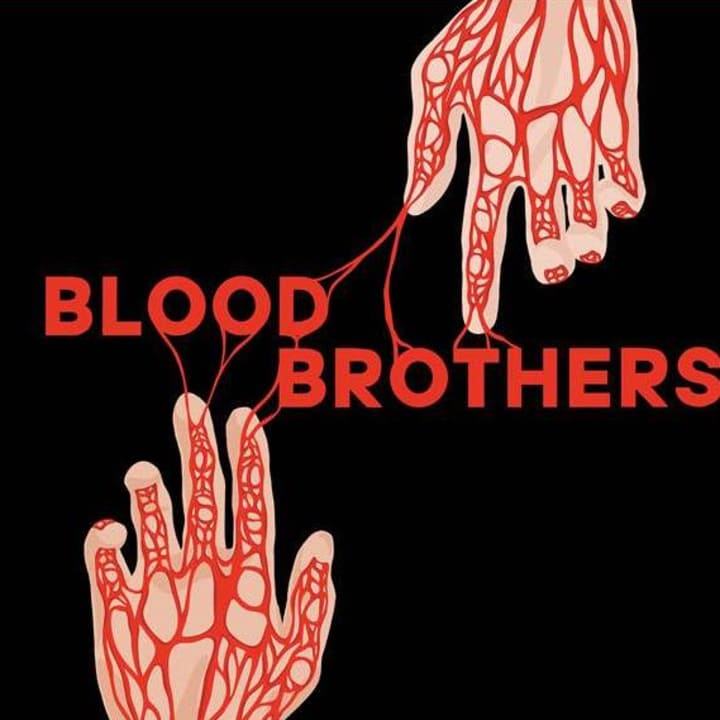
This is very much a musical intended and written in the midst of the Thatcher Era of politics, characterised by its high unemployment especially in working class areas like Liverpool (where the play is set) and Manchester (another Northern area of the working class). But even more than that, it represents the differences between the experiences of these eras leading up to that one or the rich and of the poor. Despite Margaret Thatcher being an optimist for meritocracy, Mickey Johnstone can’t catch a break no matter how hard he works - projecting the reality for the working class. Hard work alone will not break the ceiling and get you out of poverty, there are several other factors. Some of these ‘other factors’ apply to Edward who comes from a well-to-do family and therefore, has several opportunities more than Edward.
When it comes to other representations of class difference, we have the marriage of the Lyons couple compared to the breakdown of the marriages by Mrs Johnstone who’s men end up leaving her for more attractive women who are younger and prettier. This projects the idealism of the working class on to society in which the working class are told that good marriages are made from ‘attractive couples’ rather than ‘strong ones’. The fact that Mr Lyons is never really seen tells us another thing - that it is the mothers who raise the children in both respects.
The absent father nature in both aspects works the same way even though the couples theory works differently. It presents the importance of a present father in whatever class, whatever situation, whatever circumstance, For boys, this is of utter importance. Mrs Johnstone knows this as she looks for another father for her children, Mrs Lyons seems to not acknowledge her husband, not wanting anyone else to have access to Edward apart from her.
“Oh God, Mrs Lyons, never put new shoes on a table...You never know what’ll happen”
- Blood Brothers by Willy Russell
There are so many more representations of these class differences, which brings us on to symbolism. One of the main symbols to represent this theme is crime, or at least the enactment of it. The difference between fiction and reality is also present here as the whole story can be summed up this way through the song ‘Kid’s Game’. This song has the poor children enacting situations in which criminals win the day which is the opposite of the reality of what happens when Edward is suspended from school for refusing to hand in a mysterious locket gifted to him by Mrs Johnstone. Edward is punished quite badly by his mother who asks him to hand over the necklace to no avail.
Consequences are high for Edward because he is perceived by his mother to have everything to lose, whereas the Johnstone children can enact crimes that later, become a reality when Sammy and Mickey get arrested. But because Sammy and Mickey are perceived as having nothing to lose, it does not seem as unusual to the audience that this would be the case. Only when we actually see what has happened to Mickey to we understand that he has much more on the line than Edward. He is about to become a father, he needs to support his family, he has a mother who holds a deep secret about him - there is a lot of personal stuff on the line whereas, for Edward it is more a monetary success alongside a reputation. These things are not tangible. This realisation gets the audience ready for the blow that comes in the prologue to the story in which the twins have died.
“...they say that if either twin learns that he was once a pair, they shall both immediately die...”
- Blood Brothers by Willy Russell
Another way class is represented in the play is through the motif of gain and how it’s dealt with. For example, in the scene in which the Lyons family move to a bigger house further away from the Johnstones, Mrs Lyons thinks nothing of buying a brand new house somewhere completely new and it is not concentrated on in the book that much at all. All that happens is Edward says goodbye to the Johnstone family in which he receives the locket. The loss of his best friend, Mickey, seems far more of a concern for him, causing him to be reprimanded and suspended from school.
However, when Mrs Johnstone and her children move to the countryside, the song ‘Bright New Day’ comes on and Mrs Johnstone sings about inviting the Pope to her house to have tea with her and sings about receiving a better class of social housing. This shows us that what would seem like a small gain to many is actually a huge change of lifestyle for Mrs Johnstone and her family. It shows that she does not expect a better life though she wishes for one, instead she is more concerned about her children. Wherever they are as well, the children seem happy and they play together, whereas because of her paranoia, Mrs Lyons locks Edward away and refuses him friends. This dichotomy of gain shows us that it doesn’t always make you rich to simply have a lot of money.
“It’s just a secret, everybody has secrets, don’t you have secrets?”
- Blood Brothers by Willy Russell
Why It’s a Masterpiece

‘Blood Brothers’ is perhaps one of the great masterpieces of the 20th century stage because of its very realistic look at the differences between rich people and poor people. On top of that, in its first years the musical won ‘Best New Musical’ at the Olivier Awards and has been long-running ever since. I personally went to see it in 2010 and thought that it was a blast. It is a very high-intensity musical which definitely gets the audience thinking about how their society has basically allowed this to happen to the Johnstone family whilst also looking at how Mrs Lyons treats Edward, thinking about whether this is the correct treatment of a child.
It can be viewed on lots of different scales, and just one of them is a difference in social class. There’s also the difference in age and this is where we ask ourselves how the attitudes of the mothers have changed towards the secret from when they made the bond in the 1960s all the way through to the deaths of the twins in the 1980s. Then again, there is a gender difference: this is where we ask ourselves about Edward’s absent father and Mickey’s absent father and how much unnecessary pressure this puts on the mothers on top of their secret. This play simply has so much to explore that it makes for a perfect re-viewing experience.
Conclusion
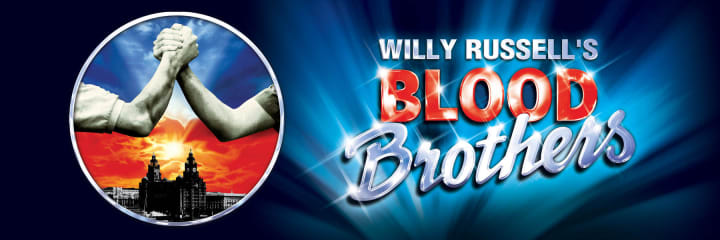
I’m glad we were able to go through ‘Blood Brothers’ like this. It is truly quite an achievement of the stage and I think it is something of great plays to explore dichotomies like this, especially those that invoke rivalry of some kind: we have more than a few examples such as ‘Les Miserables’, ‘Amadeus’, ‘The Rocky Horror Show’ and of course the obvious ‘Waiting for Godot’. It is wonderful to see it done so well and achieved with great audience turnout. That is the reason that even today, you can still find great productions of 'Blood Brothers' in the theatres around you.
Next Week: The Lion, the Witch and the Wardrobe by C.S Lewis
About the Creator
Annie Kapur
200K+ Reads on Vocal.
Secondary English Teacher & Lecturer
🎓Literature & Writing (B.A)
🎓Film & Writing (M.A)
🎓Secondary English Education (PgDipEd) (QTS)
📍Birmingham, UK
X: @AnnieWithBooks
Enjoyed the story? Support the Creator.
Subscribe for free to receive all their stories in your feed. You could also pledge your support or give them a one-off tip, letting them know you appreciate their work.


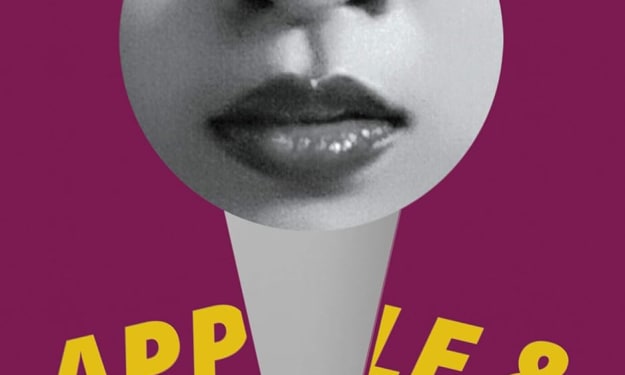



Comments (1)
I have never seen his work performed live, but I will take some time to look into this one. I know about how hard his life was, and how chance changed his life, but I did not know about this one. Thank you, Annie!